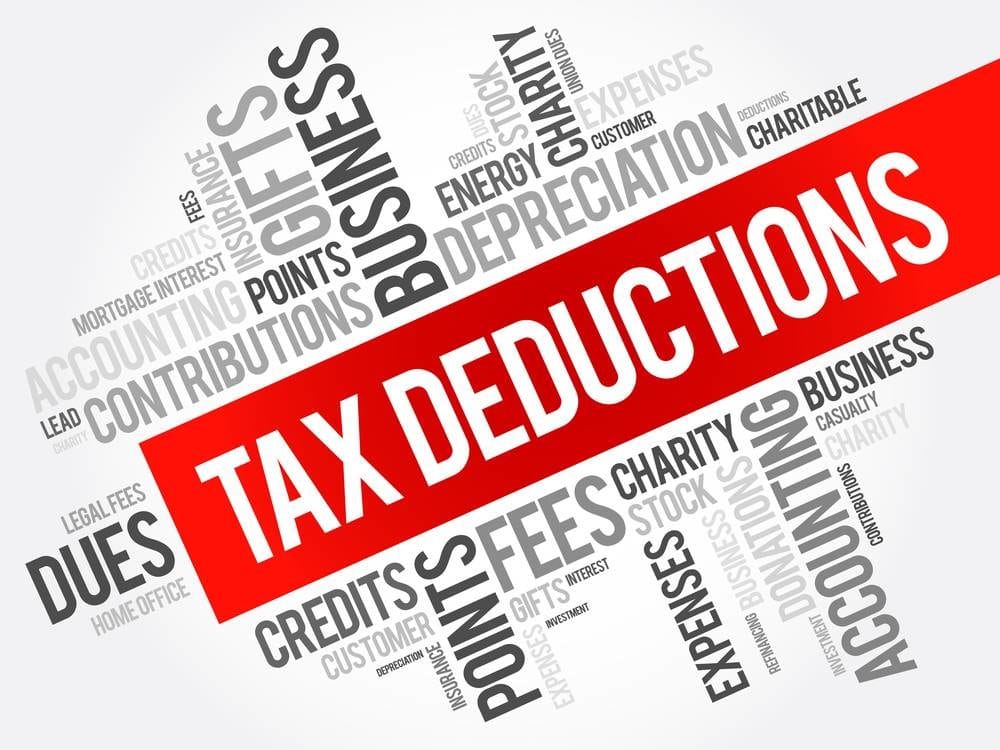Being that it’s Black Friday, we thought this an appropriate time to discuss something a lot of business owners have questions about. What are tax deductible business expenses?
What Business Expenses Are Tax-Deductible? One of the advantages of running a business is that certain expenses can be deducted from your taxable income, reducing your overall tax burden. However, not all business costs qualify, and knowing which expenses are tax-deductible can help you maximize savings while staying compliant with tax regulations. Here’s a guide to understanding which business expenses can be deducted and how to ensure you’re taking advantage of all available deductions.
1. What Are Tax-Deductible Business Expenses?
Tax-deductible business expenses are ordinary and necessary costs incurred in the course of running a business. The IRS defines an “ordinary” expense as one that is common and accepted in your trade or business, while a “necessary” expense is one that is helpful and appropriate. These expenses can be subtracted from your business’s gross income, reducing the amount of income subject to taxation.
2. Common Tax-Deductible Business Expenses
There are several categories of expenses that most businesses can deduct from their taxable income:
Operating Expenses
Operating expenses are the routine costs required to keep your business running day-to-day. They include:
- Rent or Lease Payments: If you lease office or retail space, the monthly rent is tax-deductible. This also applies to business storage space or equipment rentals.
- Utilities: Essential services, such as electricity, water, gas, and phone and internet services, are deductible if they are used for business purposes.
- Office Supplies and Expenses: Pens, paper, printer ink, and other small office supplies are fully deductible. Even large office-related purchases like computers, desks, and chairs can be deducted, though these may be treated as depreciable assets.
Employee and Contractor Expenses
Costs associated with employees and contractors can also be deducted, including:
- Salaries and Wages: Salaries paid to employees (other than yourself as a sole proprietor) are generally deductible, as long as they are reasonable and necessary for the business.
- Employee Benefits: Health insurance premiums, retirement contributions, and other employee benefits are tax-deductible, which can help reduce your taxable income while attracting and retaining talent.
- Contractor Payments: Payments to independent contractors are deductible, as long as you report them correctly using Form 1099-NEC.


